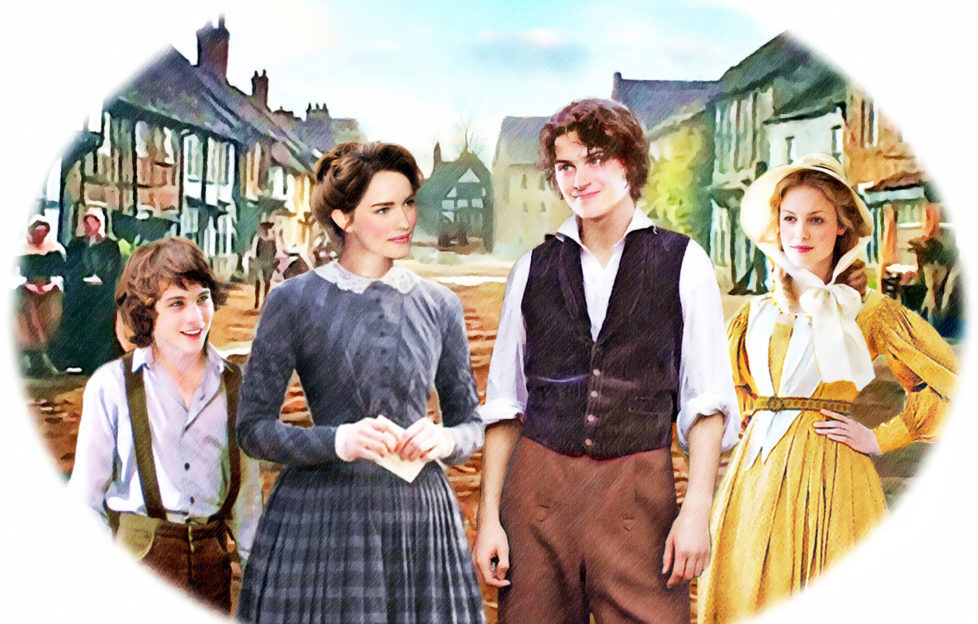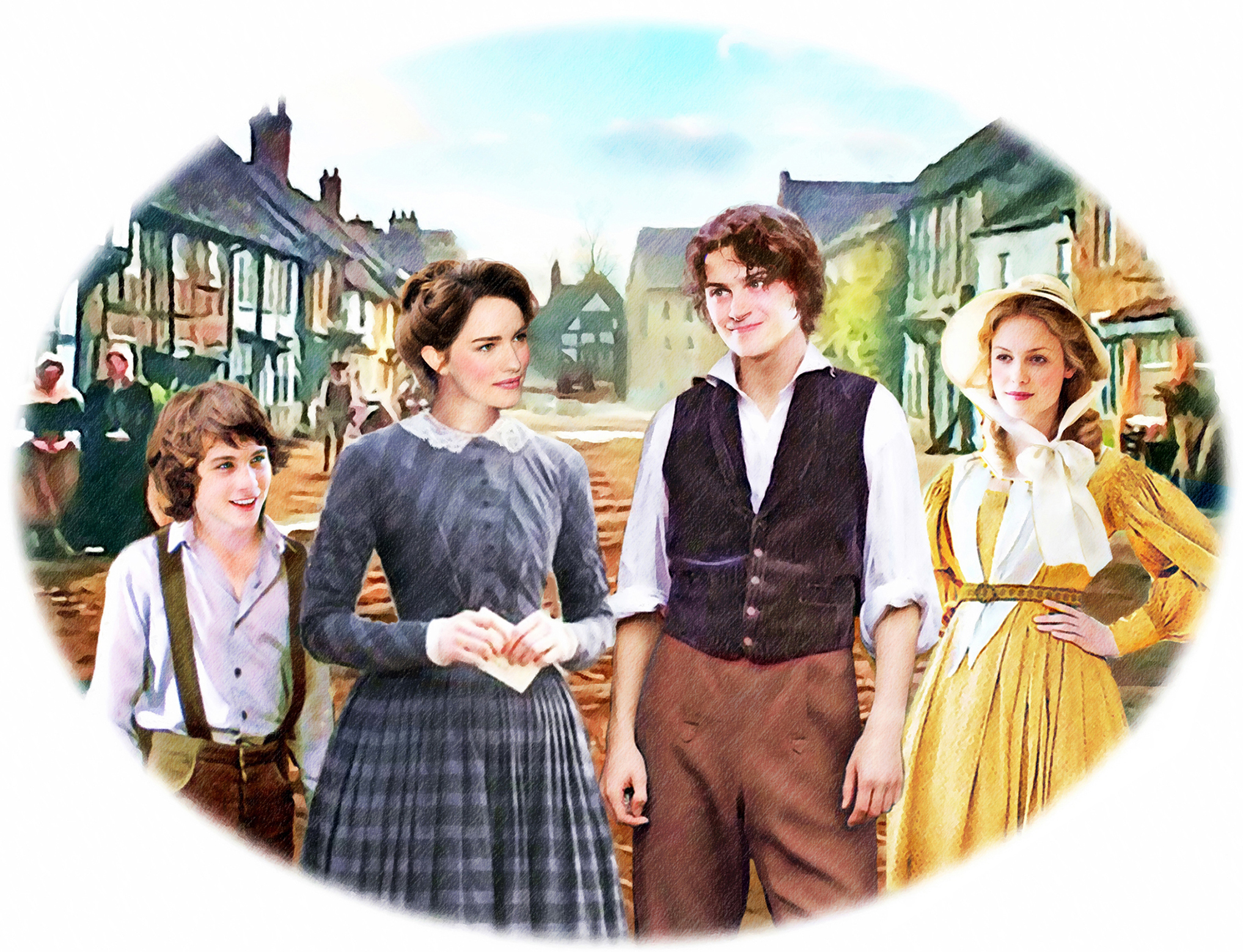Alfred’s Emporium – Episode 15

Alfred's Emporium by Louise Stevens
« Previous Post- 1. Alfred’s Emporium – Episode 01
- 1. Alfred’s Emporium – Episode 15
“A holiday?” Delia replied. “You don’t mean to visit my aunt again, do you? I saw her last year.”
“You enjoy staying in the city,” Mrs Bassett insisted. “And you like to visit shops, don’t you? After all, the only shop in Datcherford is – what is it called, now?”
“Hapstall’s.”
It was uttered in a whisper, and as she watched the expression on her daughter’s face, Mrs Bassett knew her suspicions were correct. A plan was forming in her mind.
“Do you remember we discussed going to Paris?”
“Paris?” Delia repeated, more animated now. “Papa always says he is too busy. Has he agreed at last?”
“Not yet. But I am sure that if I talk to him again he might agree.”
“It would be wonderful,” Delia acknowledged.
“Leave it to me,” Mrs Bassett said reassuringly.
She left the drawing-room unhurriedly, but once outside lost no time in reaching her room.
It was just as she’d suspected, she realised, pacing the floor in agitation. Delia’s inactivity had led to a ridiculous infatuation.
She stopped, recalling her daughter’s unusual silences and periods of brooding.
“I won’t allow it,” she hissed. “Have I spent years preparing my daughter for a fine future to see her throw herself away so?”
Mrs Bassett glanced about her. Everything she saw spoke of wealth and privilege accumulated over decades. She slumped on to a damask chair.
“Who knows better than me what awaits if Delia marries beneath her?”
The memories were never far away – the frustrations of marrying a man from a different background.
True, she loved William Bassett, but there had been times when she’d almost despaired of his uncultured ways.
He had a talent for business, but it was she who had equipped him to move in higher circles, and her connections that had opened doors.
Mr Bassett’s money had paid for a fine house and carriage, but Mrs Bassett’s breeding and refinement was the reason their servants treated them with respect and townspeople deferred to them.
She stood up and paced the room, stopping in front of the dressing mirror.
“I am not a cruel woman,” she whispered. “Mr Hapstall may be respectable, but if he is to become successful he has years of hardship ahead of him. How could Delia endure such privations?”
She began to pace the room. This had stemmed from boredom playing on Delia’s nature: she had to be removed from danger.
Mrs Bassett dismissed the idea of consulting her husband. He rarely refused his daughter anything. But Mrs Bassett needed an ally.
“Of course!” she cried, smiling. “My husband’s cousin. If she comes here, the two of us might stop this foolishness.”
She sat at her desk.
“I will write to Mrs Jameson immediately.”














